Dr. Nitin Singhal
Stomach Cancer Surgeon In Ahmedabad, India
About Us
Dr Nitin Singhal: Stomach Cancer Treatment in Ahmedabad
Dr Nitin Singhal is a robotic and HIPEC surgeon with 15+ years of experience and over 5,000 successful major cancer surgeries. He is a pioneer in the management of gastrointestinal cancers, including advanced stomach cancer surgery, along with gynaecological and urological malignancies, robotic surgery, and HIPEC procedures.
In cancer care, you need a physician who is not only an expert surgeon but also one who listens and treats you with dignity and compassion. Dr Nitin Singhal stands out because he blends surgical precision, vast experience, and a human touch in every treatment journey.
When you choose Dr Nitin Singhal, you are choosing one of the most trusted names for stomach cancer treatment in Ahmedabad. With him, you are not only selecting a highly skilled surgeon but also gaining a dedicated partner who will guide and support you through every step of your cancer journey.
What is Stomach Cancer?
Gastric cancer, also referred to as stomach cancer, is a disease that occurs when abnormal cells proliferate beyond correct limits in the stomach lining, which may originate in the inner lining and extend into the deeper layers of the stomach wall. It is a severe disease that does not show symptoms at its early stages, but as the disease advances, the patients can develop indigestion, bloating, nausea, unexplained weight loss, or blood in stools. Early detection and prompt intervention are critical as they enhance the outcomes.
For the patients who have advanced needs, such as minimally invasive and robotic surgery, they are more accurate and quicker in removing the tumour and recovery. Patients are currently receiving the best stomach cancer surgery in Ahmedabad not only at the cost of safe surgery but also with a caring attitude because of the availability of expert surgeons and the latest technology. The use of surgery together with chemotherapy or targeted therapy provides the best outcome of success and survival.
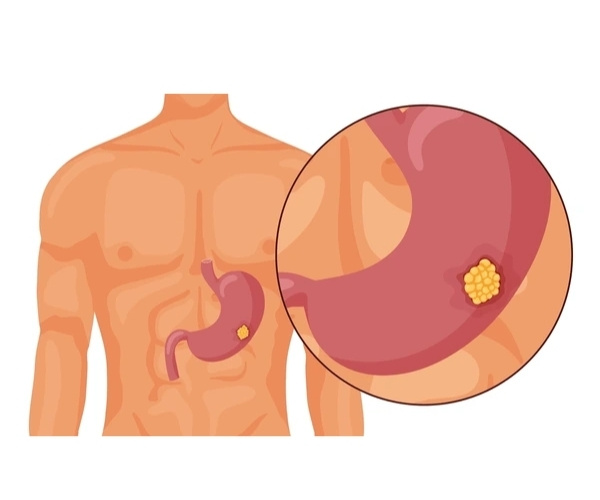
Happy Clients
Successful Surgeries
Patients Reviews Rate
Years of Experience
Types of Stomach Cancer Surgery
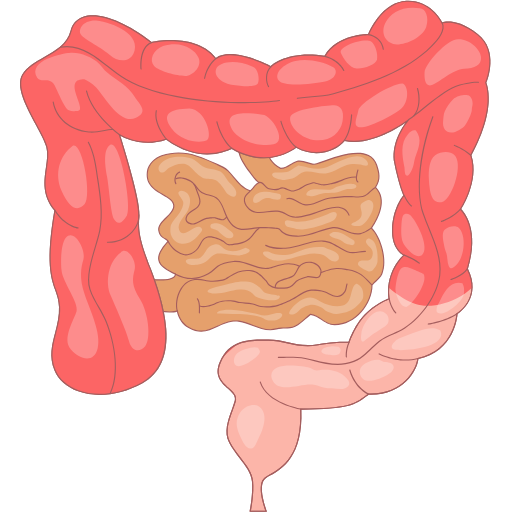
Subtotal Gastrectomy
Involves removing the cancerous part of the stomach (usually the lower portion) while preserving the rest. The remaining stomach is then reconnected to the intestine.
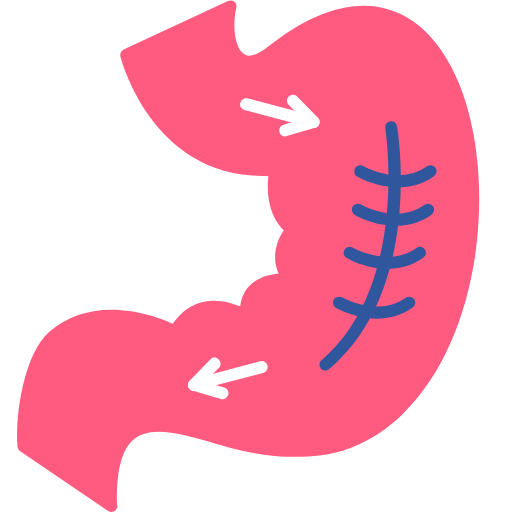
Total Gastrectomy
The entire stomach is removed, and the esophagus is directly connected to the small intestine. This is usually done for widespread or upper stomach cancers.
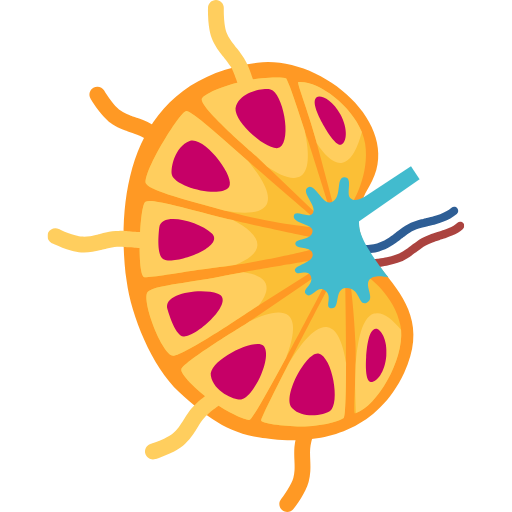
Lymph Node Dissection
Along with part or all of the stomach, nearby lymph nodes are removed to prevent the spread of cancer and improve long-term survival.

Robotic Gastrectomy
Your Guide to Stomach Cancer Surgery
Stomach cancer is caused by the abnormality of cells in the stomach lining which become excessively large. A number of factors predispose this risk, including being chronically infected with Helicobacter pylori, which destroys the stomach lining in the long term. One of the most significant contributors is also a diet rich in salty, smoked or processed foods and low in the number of fruits and vegetables. Risk factors such as lifestyle habits, such as smoking, excessive consumption of alcohol and obesity, also contribute to the risk.
It is also influenced by genetic and medical conditions. There is a high risk of gastric cancer in the family, a hereditary mutation, or such disorders as pernicious anaemia or stomach polyps. Individuals that have had part of the stomach excised in the past or have had inflammation in the stomach over a long period are also at a higher risk. Of course, older age and being a male predispose a person to stomach cancer.
The initial signs of stomach cancer are very general and are easily confused with normal digestive disorders. These can be recurrent indigestion, stomach discomfort, heartburn, and post-meal bloating, as well as nausea. Loss of appetite, as well as feeling full after eating very little, is another complaint by many patients. Since these symptoms are not pronounced, stomach cancer is frequently detected in its advanced stages.
Further on, as the disease advances, more severe symptoms occur. They may involve unaccounted weight loss, swallowing difficulty, blood in the stomach, black or tarry stool, extreme fatigue and swelling of the abdomen. Other patients also experience chronic vomiting or post-meal pain which gets exacerbated after eating. It is important to understand that there are advanced warning signs that can be detected in time to be evaluated and treated.
Benefits of Robotic Stomach Cancer Surgery?

Faster Recovery Time

Low Risk of Infection

Lesser Scars

Less Discomfort After Surgery
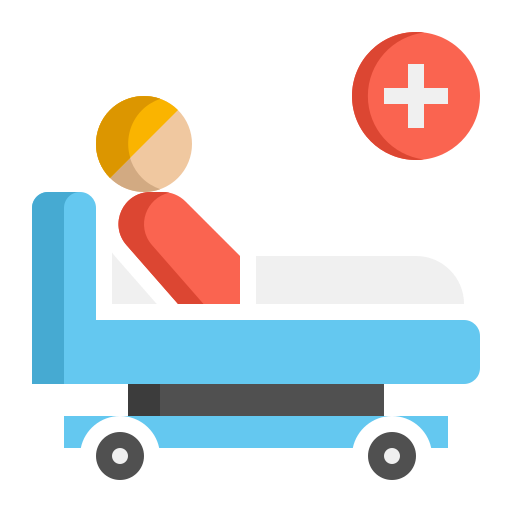
Shorter Hospital Stay

Speedier Return to Daily Life
Why Choose Dr Nitin Singhal For Stomach Cancer Surgery?
Dr. Nitin Singhal is a leading Robotic and HIPEC Cancer Surgeon with 15+ years of experience and 5,000+ successful major surgeries. He specializes in advanced cancer treatments across GI, thoracic, gynecology, urology, and stomach cancers, including robotic and minimally invasive procedures. Known for his precision and patient-first approach, he is a trusted name for comprehensive cancer care in Ahmedabad.

Expertise
Dr Nitin Singhal performs early and advanced stomach cancer surgeries using minimally invasive and robotic-assisted techniques. His approach ensures precise tumour removal while preserving digestive function and quality of life.
Infrastructure
Dr Nitin Singhal operates in world-class hospitals with advanced robotic systems, imaging, and ICUs, ensuring precision and safety. A multidisciplinary team provides seamless, comprehensive cancer care for optimal outcomes.
Technology
Dr Nitin Singhal uses advanced robotic systems for precise stomach cancer surgery with smaller incisions, minimal blood loss, and faster recovery. He preserves digestive function while safely removing complex tumours.
Commonly Asked Questions
How serious is stomach cancer surgery?
Surgery of the stomach cancer is a significant surgery that can be either partial or complete removal of the stomach (gastrectomy) with some neighboring lymph nodes. The stage and location of the tumor makes it complicated. The risks are anesthetic complications, infection, and bleeding. Recovery should be carefully monitored and an introduction of diet should be gradual. Surgery is sometimes the most effective in terms of survival in the long term though it is usually serious.
Can stomach cancer be cured after surgery?
Surgery may also be curative, particularly in the case of early-stage stomach cancer, whereby the tumour has not yet spread. The complex cases can be subjected to further interventions such as chemotherapy or radiotherapy. Multidisciplinary care increases the chances of survival in the long term when combined with surgery. It is important that recurrence is identified at the early stages through regular follow-ups. Surgery generally has a term when the most probable opportunity of curing the operable cases.
Where is the first place stomach cancer spreads?
The initial lymph nodes that are affected by stomach cancer are the lymph nodes that are close to the stomach. It also can penetrate the lining of the abdomen (peritoneum) or other nearby organs such as the liver or pancreas. In severe stages, it may be bloodstream or far away metastasis to body organs like the liver and lungs. The detection of early disease is important in averting extensive metastasis. To prevent spread, surgeons may be tempted to excise affected lymph nodes.
What foods should I avoid for stomach cancer?
The general advice given to the patients is to avoid processed and smoked foods, pickled food, and high salt or nitrates food as they could irritate the stomach lining. Digestion after surgery can also be assisted by reducing the use of fried and fatty food. Limited intake of alcohol and very spicy food should be limited. Attention is normally given to a nutritious diet with easily digestible foods that are rich in nutrients. Eating habits are helpful to the recovery and the general health.
What is the success rate of stomach cancer surgery?
The prognosis is determined by the time of diagnosis and the general wellbeing of the patient and the competence of the surgeon. Stomach cancers that are treated in their early stages using only surgery have a better survival rate of over 70–80 per cent in the long run. Cancer at an advanced stage might need a combination therapy, and the success rates will differ. Robotic and minimally invasive procedures have enhanced results through minimising complications and causing greater precision. Periodic follow-up treatment also helps to achieve improved long-term outcomes.
Get In Touch!
We provide a 24*7 emergency care
If you have any kind of robotic cancer surgery-related medical emergency, visit Sterling Hospital. An expert doctor is always available & treatment will be provided at once.

